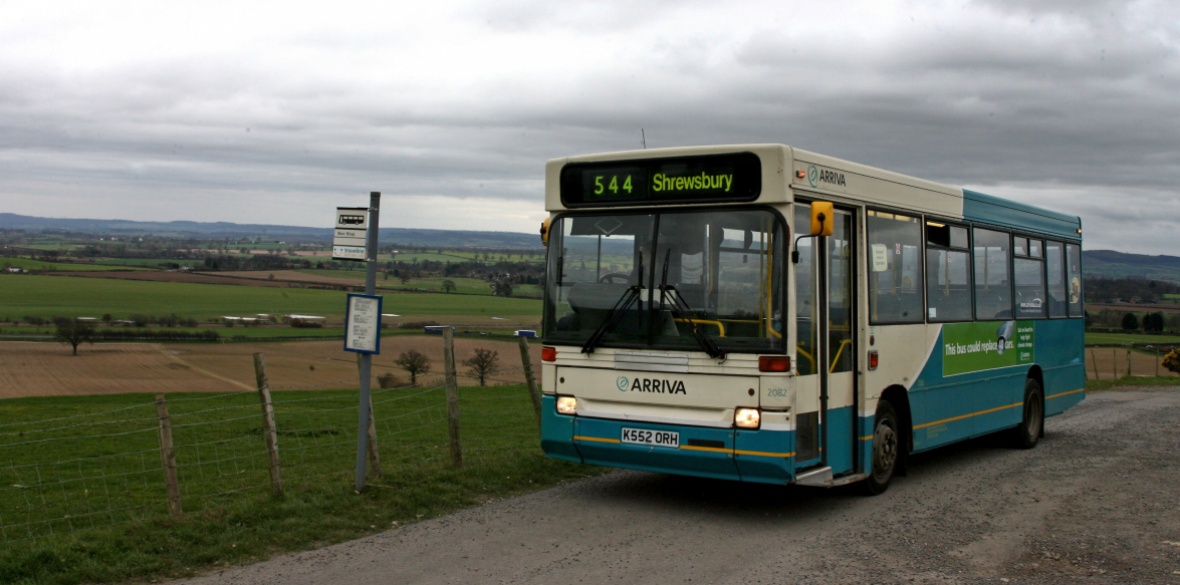This is the last article you can read this month
You can read more article this month
You can read more articles this month
Sorry your limit is up for this month
Reset on:
Please help support the Morning Star by subscribing here
TOGETHER with a huge number of others, I am now in self-isolation, which means I can’t leave my home for 12 weeks.
Fortunately I have a back garden and there is plenty to do there.
I had a realisation that this will be the longest period since I was 20 years of age that I will go without attending a meeting of some sort.
Isolation is something a lot of people have to deal with. There are people living in big cities throughout the world who know absolutely nothing about their next-door neighbours.
At least they can catch a bus and go somewhere, but in many rural areas that is not the case.
Last July I decided to do something about lack of bus services in areas like mine, which is north Devon.
I live in Barnstaple, a market town which still has family butchers and greengrocers etc.
One can live without going to a supermarket. There is a regular and reasonable bus service connecting Ilfracombe, Braunton, Barnstaple, Fremington, Bideford and on to Appledore.
Outside of that corridor there are no Sunday services and routes finish in the early evening.
Many villages have a once-a-week or twice-a-week service to get people to market towns such as South Molton or Holsworthy.
Thirty parishes have no bus service at all. There is a single-track railway from Barnstaple to Exeter.
My copy of the July 1952 ABC railway guide shows that both rail and bus services were a lot more frequent back then.
We now have a new group which I set up: Northern Devon Right to Travel.
It has the backing of the RMT North Devon Bus Branch, North Devon Green Party, North Devon Constituency Labour Party, Taw & Torridge Trades Council and several local councillors from different political traditions.
Approval of this campaign has also come from Conservative and Liberal Democrat ranks. It has been on the agenda of a number of parish councils.
This is about combatting isolation which is experienced by non-motorists in small towns and rural areas.
This issue was brought up at the National Conference of the Women’s Institute and various pensioners’ groups have taken it up.
Unfortunately, Covid-19 has stopped our campaigning for the time being and the campaign was disrupted by the 2019 election. In rural areas it takes time to get campaigns going.
We need more localities to develop their own campaigns — but I think we are knocking on an open door.
More buses will enable better job choices, education opportunities and the ability to go to the cinema or theatre.
It will also help city-dwellers get out into the countryside and not have to limit themselves in country pubs.
The Morning Star and its wonderful readers could help in getting people in rural areas, a large proportion of whom are Tory voters, campaigning for public transport to be recognised as a useful public service rather than as a business opportunity for Stagecoach, First and Richard Branson.










